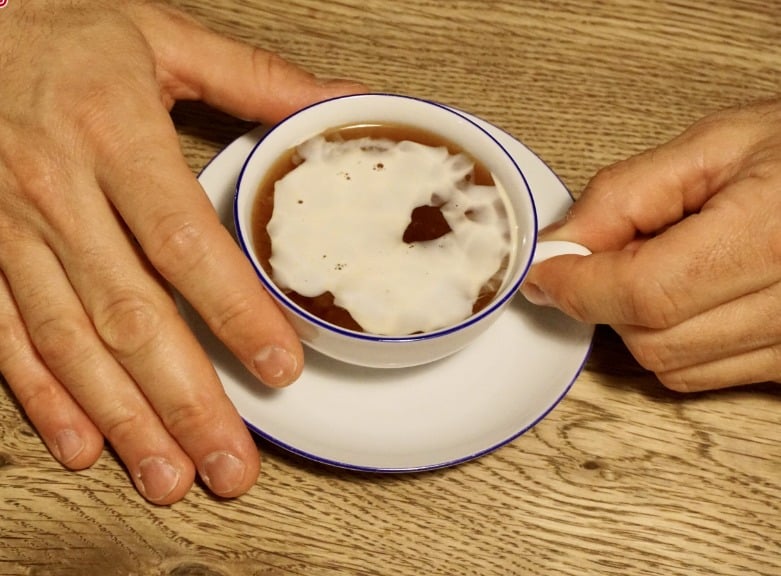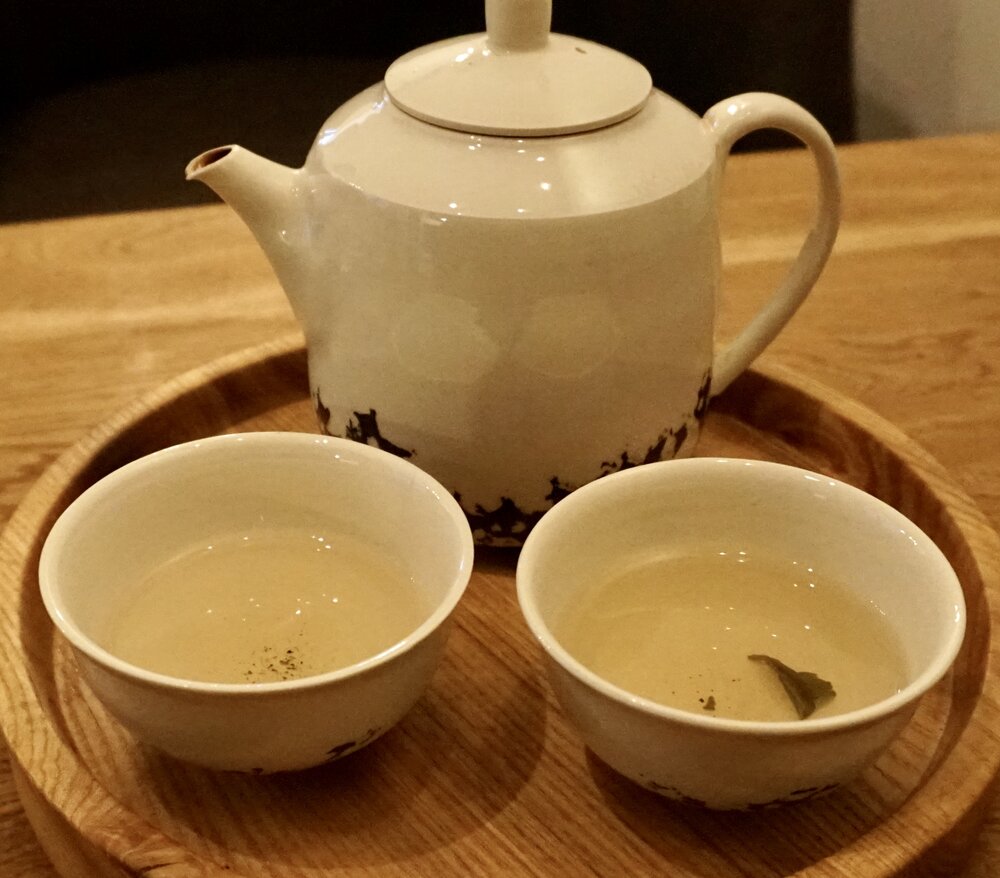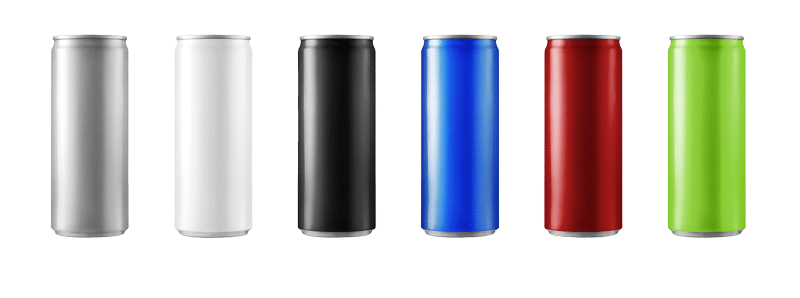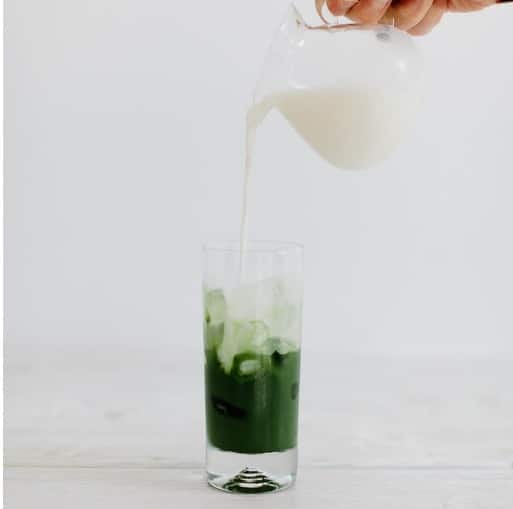Although single estate teas are best enjoyed on their own, tea lovers from around the world often add dairy products to their daily cup. Whether a matter of taste or of culture, everyone has their own rituals, so we checked into the effects of milk on tea. Here’s what we found.
Tea contains many active ingredients that can benefit our heath. But are those effects the same when you add milk to your brew? How does milk affect tea?

Stronger teas from Assam or Ceylon are delectable (so good) with milk! It gives the infusion a more rounded and creamier finish. This is explained by the fact that milk reacts on a molecular level with phenolic compounds that are diffused from the tea leaves. Compounds such as tannins, which are responsible for the dry coating feeling in your mouth, bind to milk proteins and become unavailable to your taste buds resulting in a much smoother mouthfeel, with much less astringency (1). Given that tea and milk are both independently linked to a lower risk of oral cancer, it seems that combining the two should be beneficial (2). But is it really?
The study that started it all…
In 2007, Lorenz and colleagues conducted an experiment on 16 healthy women to study the effects of tea on the vascular system. The group was divided into 3, and subjects were given plain tea, boiled water or tea with 10% skimmed milk. Researchers concluded that tea relaxes blood vessels, but tea with milk does not, making them believe that milk was completely negating all the health benefits of tea (3). The issue with this experiment is that casein, a milk protein that binds to polyphenols and catechins, slows down stomach digestion significantly making the effects of tea with milk undetected until well after the two hours that Lorenz and colleagues allowed during their project (4).

So is it better to drink tea plain?
Generally, the lighter the tea, the less likely it is that milk will be needed. Because of their mild taste and floral characteristic, lighter teas such as Darjeeling can easily be overwhelmed by additives, including milk.
Should we make an effort to drink all tea plain? Some might not think so.
Tea contains tannins, a chromogen that is largely responsible for the distinct flavour and dark color of tea which makes it responsible for the unpleasant brown discoloration of your teeth. The natural porosity of tooth enamel is the perfect environment for chromagen, making them prime teeth-stainers. It’s also good to know that the more tea leafs is processed or oxidized, the higher the staining properties are.
The role of milk in preventing tooth staining
According to research, milk significantly reduces tea’s ability to stain teeth, especially in the L* and a* dimensions of the colour sphere. Casein, which makes up 80% of the protein content in milk, is the component that binds to tannin and reduces staining to a similar order of magnitude that can be obtained by vital bleaching treatment (7,8). If you still want to drink your tea plain to get the full flavour profile but are worried about your teeth becoming stained, try drinking tea with a straw, reducing steeping time, or drinking water after your cup of tea to reduce tannins left in your mouth.
Releasing tannins can be regulated to some degree by paying attention to water temperature in the brewing process.
What is your preference? Let us know in the comments below.
Sarah + Chris


